Près de soixante-dix ans après sa condamnation à mort et son exécution comme criminel de guerre, la mémoire de Hanns Ludin, ambassadeur du Troisième Reich en Slovaquie, continue à peser sur ses descendants. Alexandra Senfft, sa petite-fille, a brisé le déni familial.
La Croix, François d’Alançon, 14/08/2017
>> more
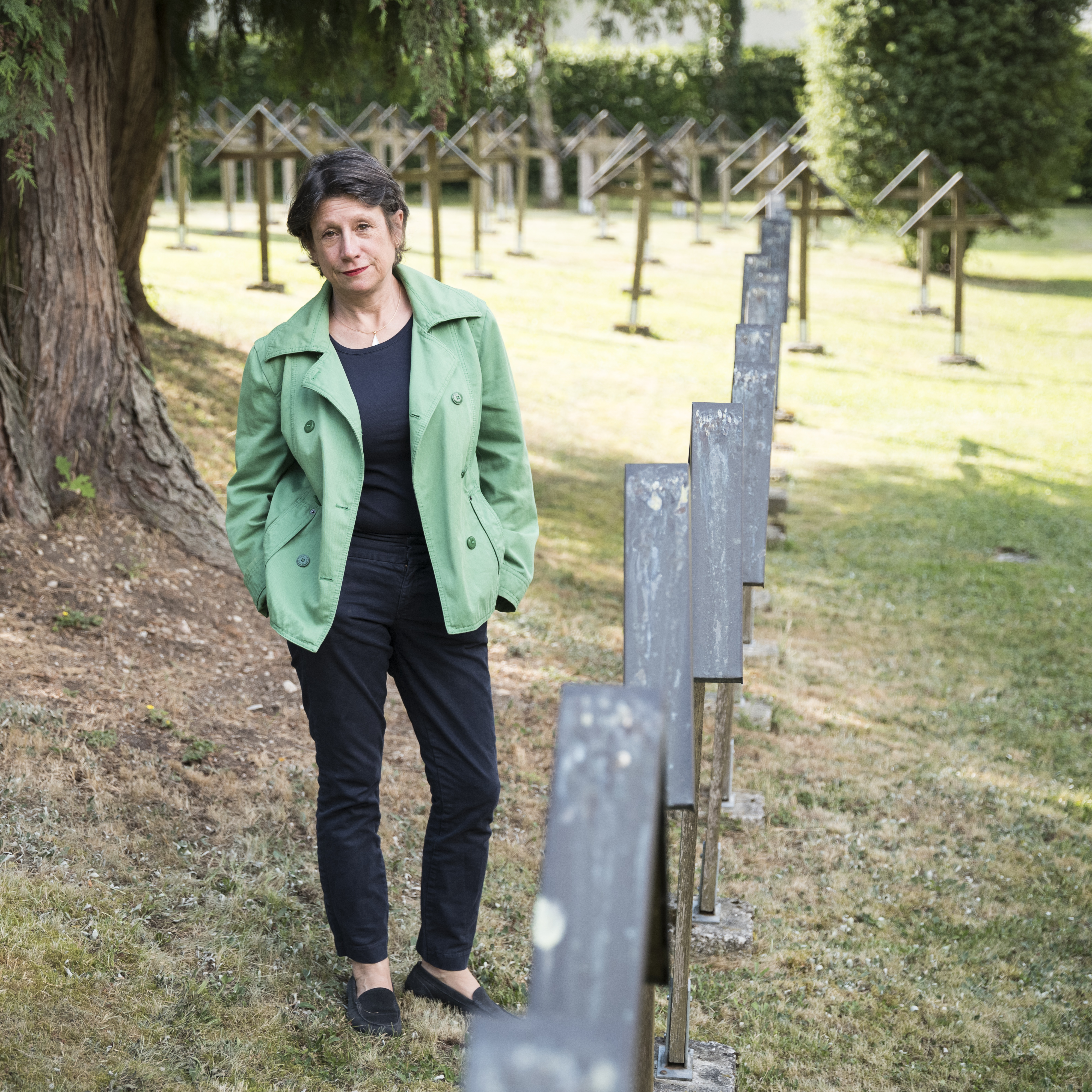
21.Juin 2017, Allemagne, Landsberg am Lech, Baviere, Alexandra Senfft, auteur , photographier sur la cimetire de Spttingen, avec des tombes de la deuxime guerre mondiale Cemetery Spötting Landsberg am Lech © Maurice Weiss/Agentur Ostkreuz

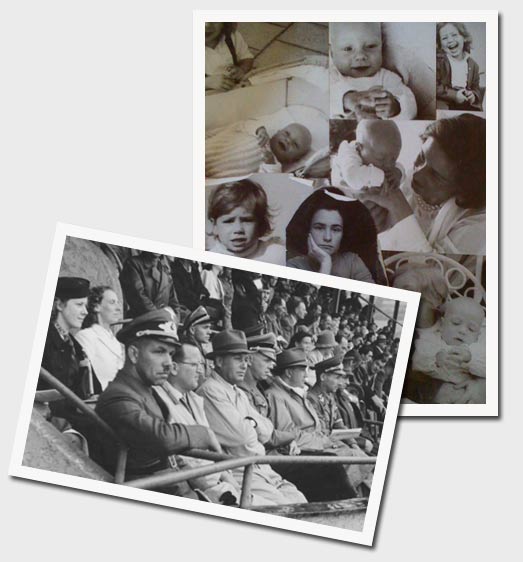 Despite the fact that Germans, both academically and politically, have taken great strides towards exposing the crimes committed during the National Socialist period, silence still continues to rule with respect to the biographical handling of the past. Not only within the context of families, but also in society more generally, the perpetrators are always »others«.
Despite the fact that Germans, both academically and politically, have taken great strides towards exposing the crimes committed during the National Socialist period, silence still continues to rule with respect to the biographical handling of the past. Not only within the context of families, but also in society more generally, the perpetrators are always »others«.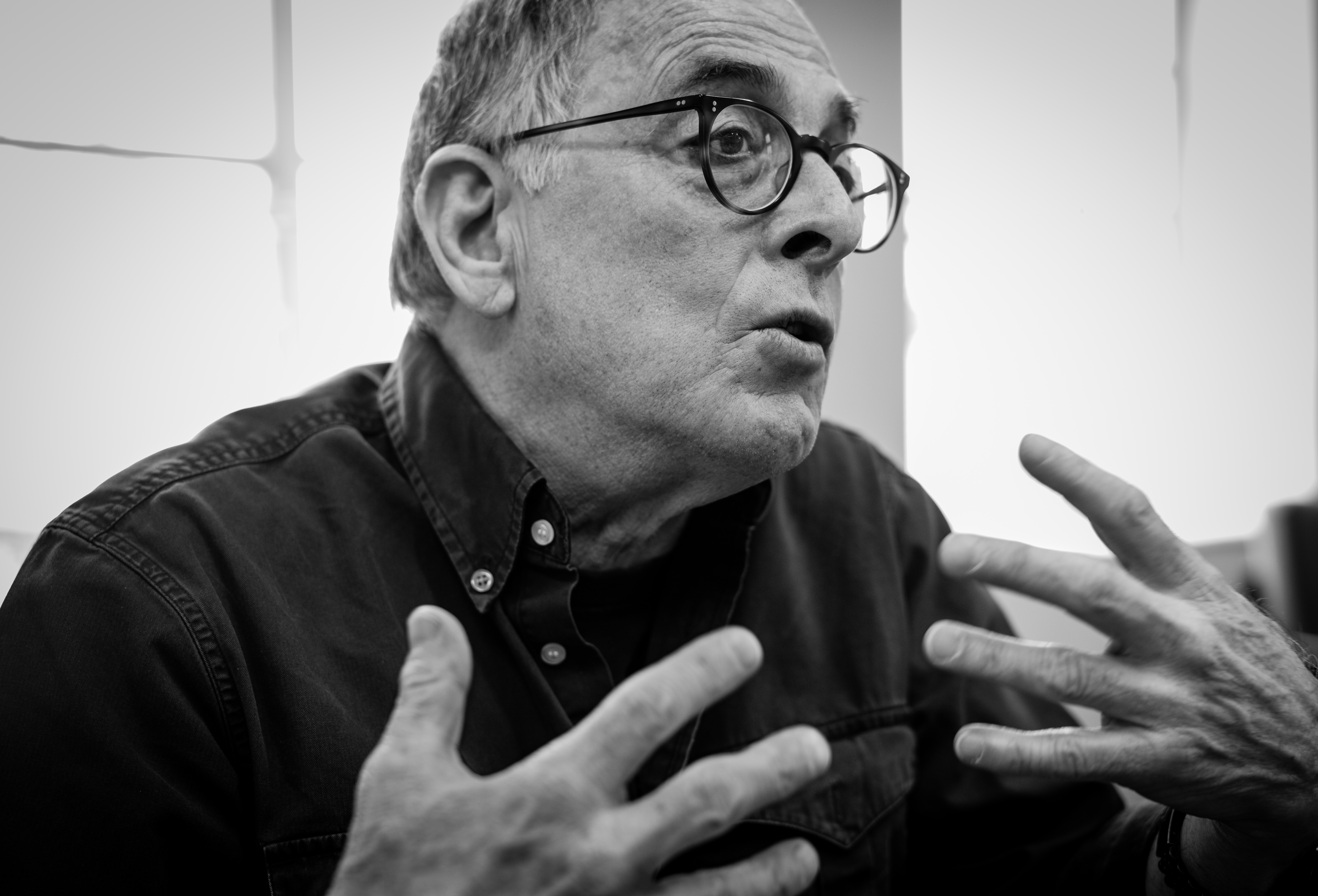
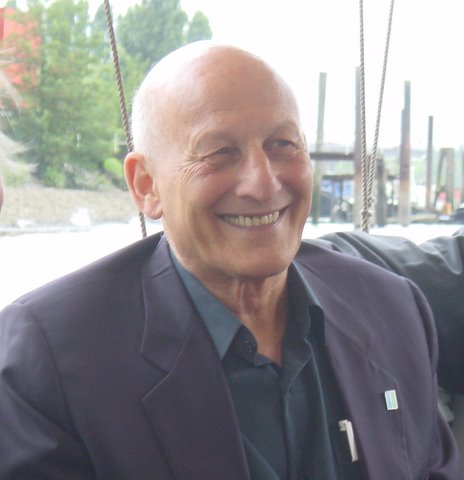
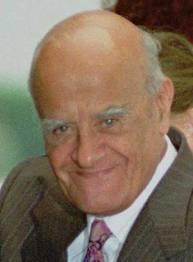 His life was inextricably linked with the history of Palestine over the past century, from the end of the Ottoman occupation of Palestine to the collapse of the Middle East peace talks. Haidar Abdel Shafi died on 25 September.
His life was inextricably linked with the history of Palestine over the past century, from the end of the Ottoman occupation of Palestine to the collapse of the Middle East peace talks. Haidar Abdel Shafi died on 25 September.